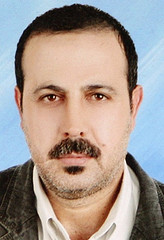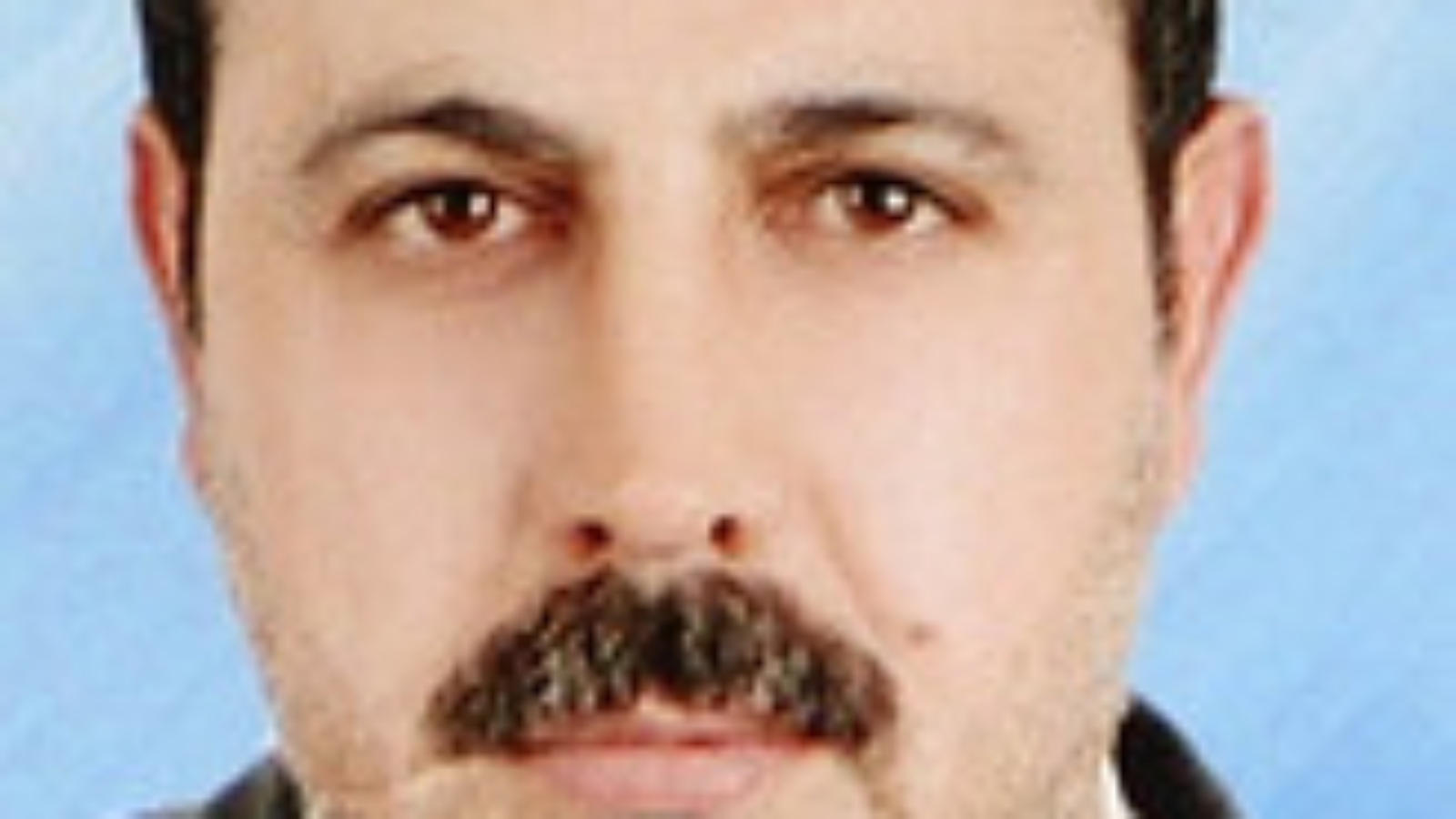 The Australian government ordered an Israeli dipolmat out of the country after accusing him of identity fraud, highlighting the strains between Israel and her allies. Officials concluded that agents from Israel's Mossad intelligence service forged four Australian passports in the plot to kill Hamas operative, Mahmoud al-Mabhouh, in Dubai earlier
The Australian government ordered an Israeli dipolmat out of the country after accusing him of identity fraud, highlighting the strains between Israel and her allies. Officials concluded that agents from Israel's Mossad intelligence service forged four Australian passports in the plot to kill Hamas operative, Mahmoud al-Mabhouh, in Dubai earlier
this year. "This represents a clear affront to the security of our passport system," Australian Prime Minister Stephen Smith said. "Australia’s relationship with Israel has always been founded on a basis of mutual respect and trust. But Israel’s actions in this regard have undermined that respect and trust." Though Israel has denied a role in al-Mabhouh's assassination, there is a widespread belief that Israeli spies forged UK, Irish, French, German and Australian passports in part of the conspiracy to slay him. The last time Australia expelled a foreign diplomat was 2004, but its reaction matches the United Kingdom who cast out an Israeli diplomat in March on the same charges. The Irish, French and German governments have not yet said how they will react. A spokesperson from the Israeli government told the Associated Press that Israel regrets the Australian government's decision. "It is not in line with the importance and the quality of the relationship between our countries," a spokesperson from the Israeli Foreign Ministry said.
At least 14 people were killed and 25 wounded in Somalia over the weekend when fighting broke out between government troops and insurgents who were attacking the presidential palace. The fighting began around 5 a.m. on Sunday, and approximately six mortar shells landed outside the palace, although the Somalian President, Sheik Sharif Sheik Ahmed, was at a U.N. Conference in Turkey at the time. The insurgents, which includes members from rival groups Shabab and Hizbul Islam, also attacked three other neighborhoods which are patrolled by peacekeeping groups from the African Union. "Our army withdrew from the front lines, and we have lost neighborhoods…but the prime minister is responsible for the defeat,” said the Somalian state minister for defense, Sheik Yusuf Mohamed Siad. Somali insurgents have repeatedly attacked government compounds and key installations in the past, targeting the presidential palace, seaport and airport. Last weekend insurgents interrupted a Parliament meeting with heavy artillary, killing at least 16 people. Somalia has not had a strong functioning government in over 19 years when the military leader, Mohammed Siad Barre, was ousted in a coup. The rebels have been trying to seize control of the capital, Mogadishu, which is backed by the U.N. At least 21,000 people have been killed in the fighting since the start of 2007 and another 1.5 million have been driven from their homes.
 Two American tourists, a husband and wife, were kidnapped by Yemeni tribesman outside the capital, Sana, on Monday. The Yemeni driver and translator was also taken hostage. According to officials, the kidnappers demanded the release of Mahmoud Shardah, an imprisioned family member jailed over a land dispute that is currently before the courts. "They are calling for the release of a fellow tribesman held by authorities in Sanaa," the captured driver, Ali al-Arashi, told AFP in a telephone call. The Yemeni government responded by saying it will put pressure on the kidnappers to return the couple unharmed. "The Yemeni government has deployed forces to the area to put pressure on the kidnappers. The Ministry of Interior will issue a statement later today," a source at the interior ministry told a local newspaper. Kidnappings are commonplace in Yemen and are often used as leverage to demand services from the government. The U.S. State Department warned Americans in February not to travel in Yemen due to terrorist threats against Westerners. The last kidnapping was last week when two chinese workers were abducated in the south of Yemen, then released two days later.
Two American tourists, a husband and wife, were kidnapped by Yemeni tribesman outside the capital, Sana, on Monday. The Yemeni driver and translator was also taken hostage. According to officials, the kidnappers demanded the release of Mahmoud Shardah, an imprisioned family member jailed over a land dispute that is currently before the courts. "They are calling for the release of a fellow tribesman held by authorities in Sanaa," the captured driver, Ali al-Arashi, told AFP in a telephone call. The Yemeni government responded by saying it will put pressure on the kidnappers to return the couple unharmed. "The Yemeni government has deployed forces to the area to put pressure on the kidnappers. The Ministry of Interior will issue a statement later today," a source at the interior ministry told a local newspaper. Kidnappings are commonplace in Yemen and are often used as leverage to demand services from the government. The U.S. State Department warned Americans in February not to travel in Yemen due to terrorist threats against Westerners. The last kidnapping was last week when two chinese workers were abducated in the south of Yemen, then released two days later.